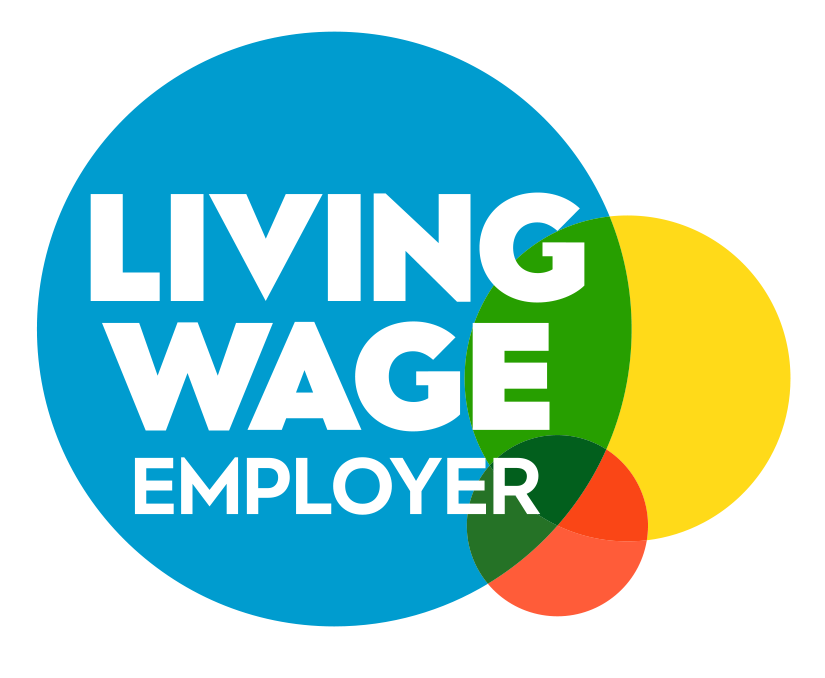Try to see this as a different period of time in
your life
The Mental Health Foundation suggests that self-isolation will mean a different rhythm of life for everyone, but that this doesn’t have to be a bad thing. You can keep in touch with people you regularly have contact with on social media, email or phone, and can also connect with those you’ve lost touch with. You also have the time to create a brand new routine that puts you at the centre. You can try new relaxation techniques, have a go at a new exercise routine, research things you don’t normally have time to research. Rest and rejuvenate, and use the time to do the things you have always wanted to do (within the home) or get to projects you normally can’t get to.
Putting together your routine
Mind suggest writing down your routine and sticking it to the wall, or setting alarms or reminders to help you stick to it. Try to keep the same wake up and bed times as usual, so it isn’t hard to adjust back to daily life when you come out of isolation. It’s also a brilliant chance to experiment with different routines if you aren’t happy with your normal one. Try dedicating more time to exercise, reading, or going to bed earlier to see if it changes or improves your overall mood. Plan activities to do on different days, and start setting new and healthier habits you can carry on once isolation is over.
Connect with others
We may not be able to visit anyone outside our households in person but that does not mean we are unable to socialise. Mental Health UK suggest digitally connecting to people through phone calls, messaging and video calling apps such as WhatsApp, Skype, Facebook and Zoom all free to use. There is now even a way to virtually watch a film with your friends called “Netflix Watch Party” where you can watch and message each other at the same time!
Move more
The temptation being stuck inside the house is to find your place on the sofa and settle in, however this can have lasting effects on our physical and mental wellbeing. Being active can reduce stress, increase energy levels, makes us more alert and help us sleep better. You can explore and experiment with different ways of adding physical movement into your day until you find a routine that works for you. There are many online blogs, Youtube videos and programmes for a variety of exercise styles to give you some ideas, or go to the Heales Medical front page and visit the Healthy Living Blog link.
Also keep your mind active
If you are not working from home, or are stuck for something to do in the evenings there are many ways to keep your brain stimulated. You could experimetn with soemthing creative like painting or sewing, read something new, try out a new recipe, start to keep a diary, blog or scrapbook. There are also many online resources for learning new skills, websites such as Skillshare have loads of classes on different subjects you can try, even Youtube can be a great resource for learning new tricks.
Try Practising Mindfulness
Many people have not yet tried practising mindfulness with the most common excuse being lack of time…well this would be the best time to give it a go. Websites and apps like Headspace and Calm can offer you a range of videos, blog articles and audio clips to support you through these tough times and help you begin practising mindfulness to keep on top of your mental wellbeing.
Restrict your news intake
Try to limit the amount of time spent watching or reading the news, this is an on going and ever-changing situation, however, you do not need to keep on top of the news minute by minute- and it is all too easy to fall into doing just that. Constantly overwhelming yourself with the not-so-positive news at present is only going to affect your mental well-being and potentially trigger anxious or depressive feelings. Decide on a specific time, once or twice a day, to watch or read the latest news and then be sure to step away from it. Also be mindful of real news and misinformation circulating some newspapers and social media!
One of the most important things to remember during these uncertain times is that it is okay to not be okay, it is okay to not be the perfect quarantined person, that does not exist. Be sure to check in on yourself, and keep in touch with friends and family.






